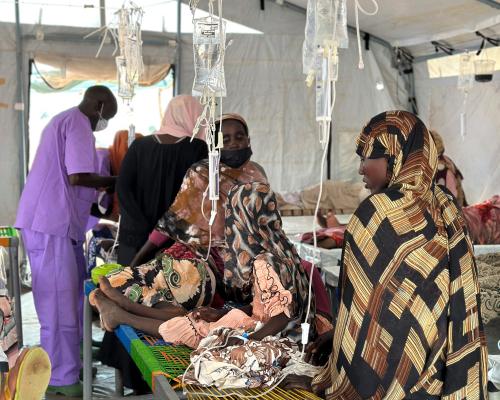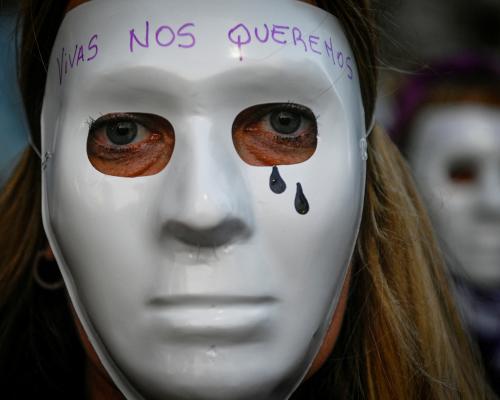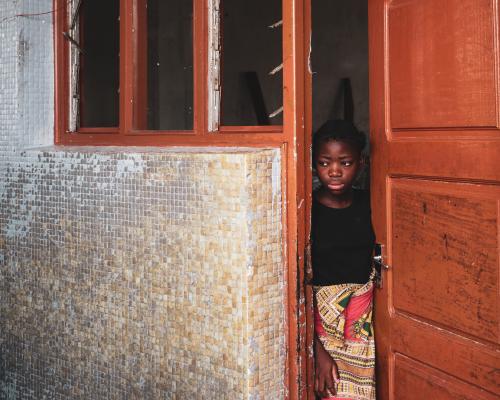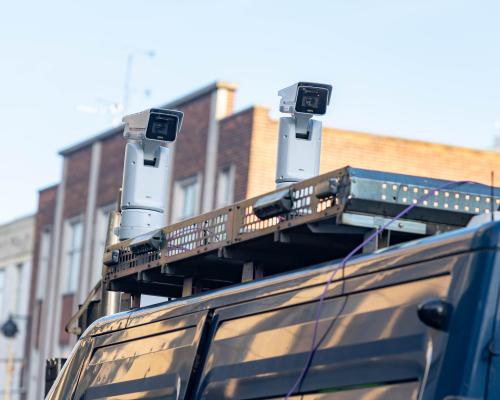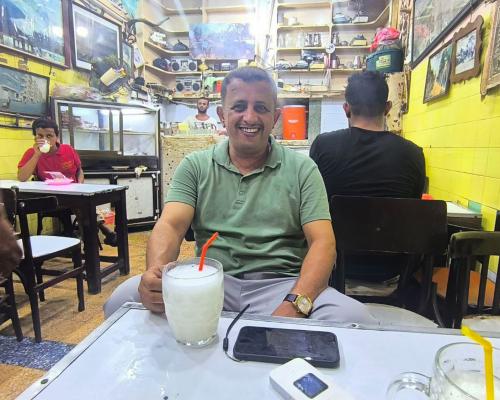
When dozens of gas tankers near Yemen’s southern city of Aden were held up at a checkpoint by soldiers demanding heavy bribes, the frustrated drivers and traders turned to a man they trusted: Fatehi Bin Lazreq, a prominent Yemeni journalist.
Known for using his media outlets and social media platforms to demand accountability, Bin Lazreq posted about the drivers’ ordeal on Facebook. It quickly went viral, generating thousands of likes and comments. Within hours, the post prompted a phone call from the prime minister and another senior official, both pledging to resolve the issue. Soon, the tankers were able to move on.
A few days later, a doctor in Aden contacted Bin Lazreq after her clinic was shut down by a health official, allegedly in retaliation for organising a medical conference without his involvement, despite prior approval from the health ministry. Bin Lazreq posted a video of the doctor’s account of what happened, which triggered a wave of public support. The clinic was reopened.
“One of the most visible outcomes of the war [in Yemen] is the fragmentation of the country into small enclaves, each controlling a section of the road,” Bin Lazreq tells the Guardian from his home in Aden.
“To survive, these groups impose levies on passing vehicles and people – fees that have crushed traders,” he says, referring to the tankers being held up.
The journalist knew that privately contacting key figures in the military and security services, a method he typically uses before going public, would not work in this case. The officials and other armed groups denied any connection to the soldiers blocking the tankers.
“We had to expose those soldiers through the media because we knew they wouldn’t relinquish the 30m Yemeni rials [about $19,000] they were demanding from the 50 tankers.”
Bin Lazreq has been on the frontlines of reporting since the war began more than a decade ago. Based in Aden, he covered the Iran-backed Houthis’ brief occupation of the city in early 2015 and their eventual defeat by Saudi-led Yemeni forces.
When anti-Houthi factions later turned their weapons on each other, Bin Lazreq stayed behind, continuing to report on the fighting and document human rights abuses through his Aden Al-Ghad Media Foundation, which includes a news website, a radio, a print newspaper, and a human rights foundation.
Using his media outlet and a Facebook page with 600,000 followers, the Yemeni journalist has spent nearly a decade exposing corruption, reporting on human rights abuses in Aden and other cities, helping to secure the release of prisoners, and raising funds for impoverished individuals and struggling institutions.
He says he realised the power of his reporting in the aftermath of Aden’s “liberation” in 2015, when he began shedding light on the injustices occurring in the city. “When I first began reporting on the situation, my voice was quiet and drew little attention,” he says. “I soon realised that people tend to rally behind louder, more assertive voices.”
The main reason people turn to him is the collapse of state institutions during the war, a breakdown that persists as the conflict drags on. “The weakness of state institutions has pushed people to seek out journalists – those who can speak up, draw attention, and help bring action or solutions to their problems,” he says.
He urges the world not to let Yemen’s decade-long war be overshadowed by the coverage of Gaza, Syria and Ukraine.
“Thirty to 40 million Yemenis are suffering in the absence of a functioning state and its institutions. The international community must push for and support efforts to end the war,” he says.
While acknowledging the power of social media as a tool for accountability, Bin Lazreq also emphasises the important role of traditional media.
“Social media is powerful, but traditional media remains strong as well,” he says. “Radio, newspapers and online news platforms have all played a vital role in exposing injustices and defending victims across Yemen.”
His work has not been without repercussions. He was arrested in 2017 after reporting on levels of corruption and claims he was tortured. His office was also attacked by unknown individuals.
Even so, and despite the fighting, he refuses to take extra security precautions in Aden: “I drive a regular car and am not accompanied by bodyguards.
“I’m convinced that if someone decides to eliminate you, they will – regardless of how well-protected you are. In fact, excessive security can sometimes attract the very danger it’s meant to prevent.”
To ensure the authenticity of the complaints he addresses, Bin Lazreq has a strict policy of not investigating anonymous cases. “I don’t accept any complaint unless the person submits it in person and provides all necessary evidence, documentation and witnesses to support their case,” he says.
“I do my best to appear unaffiliated with any political party. I believe that all parties have had both setbacks and successes, and that they were all born out of the war – and will probably fade when the war ends.”
He says he receives a phone call every five minutes – some from people seeking justice, others from hungry families asking for financial help to feed their children, and still others from parties wanting to respond to accusations made in his posts.
The constant stream of calls and complaints creates an overwhelming emotional burden – one he tries to ease through daily exercise and brief trips to Egypt, he says.
“I work in Aden for no more than four months, then book a flight to Egypt, where I spend 10 days doing almost nothing but sleeping. I only wake up to shower, eat, reply to a few messages, and then go back to sleep.
“That’s my routine for those 10 days – my way of recovering. When travel isn’t possible, I switch off my phone and retreat to my house in Abyan,” he says, referring to his home province.
As for the future, Bin Lazreq has no plans to stop. “Freeing prisoners, stopping violations and restoring rights are what motivate any journalist to keep going,” he says.
“The moment a journalist feels their voice no longer makes a difference, they begin to lose momentum. I haven’t stopped, because my presence is strong and my impact on society is clear.”

